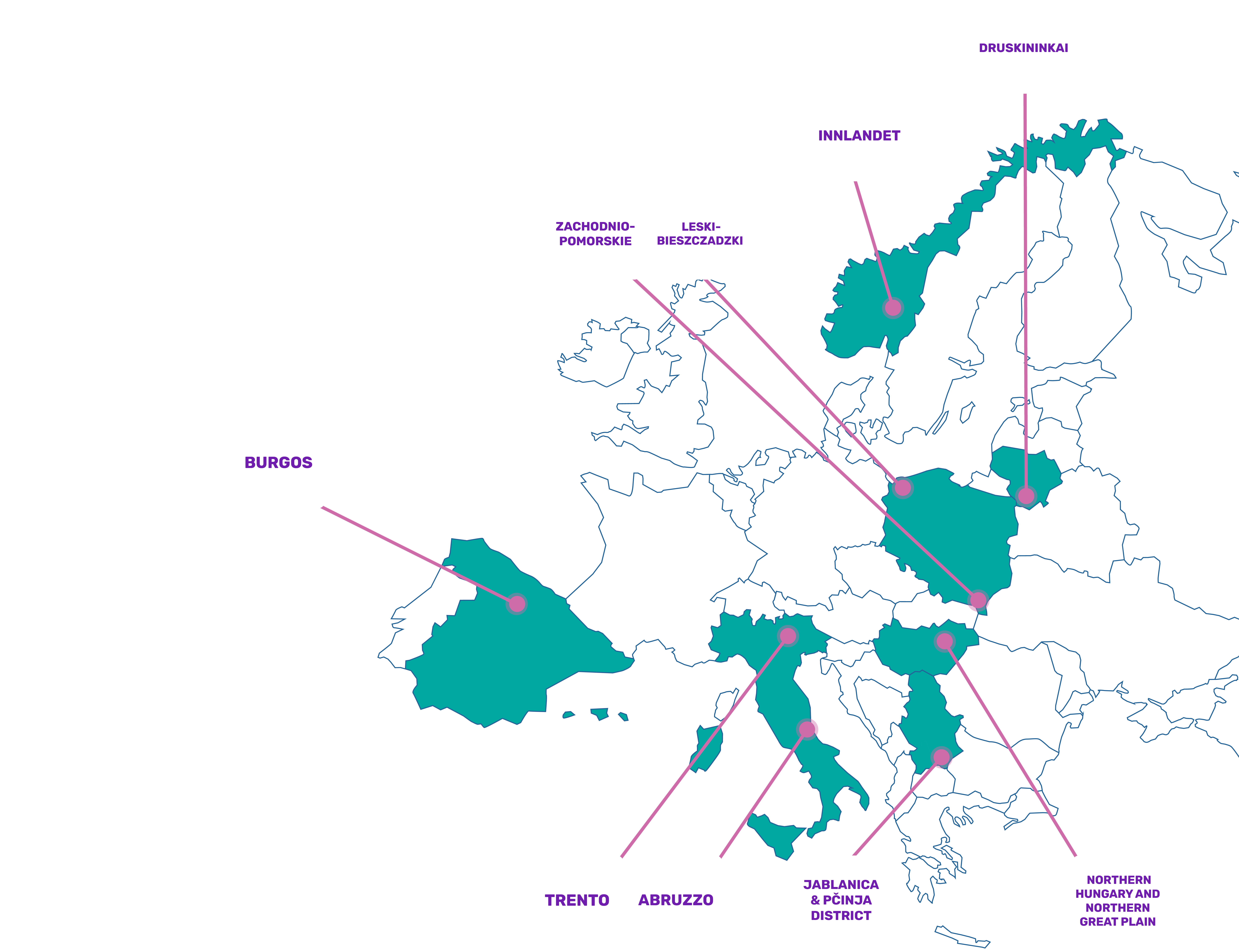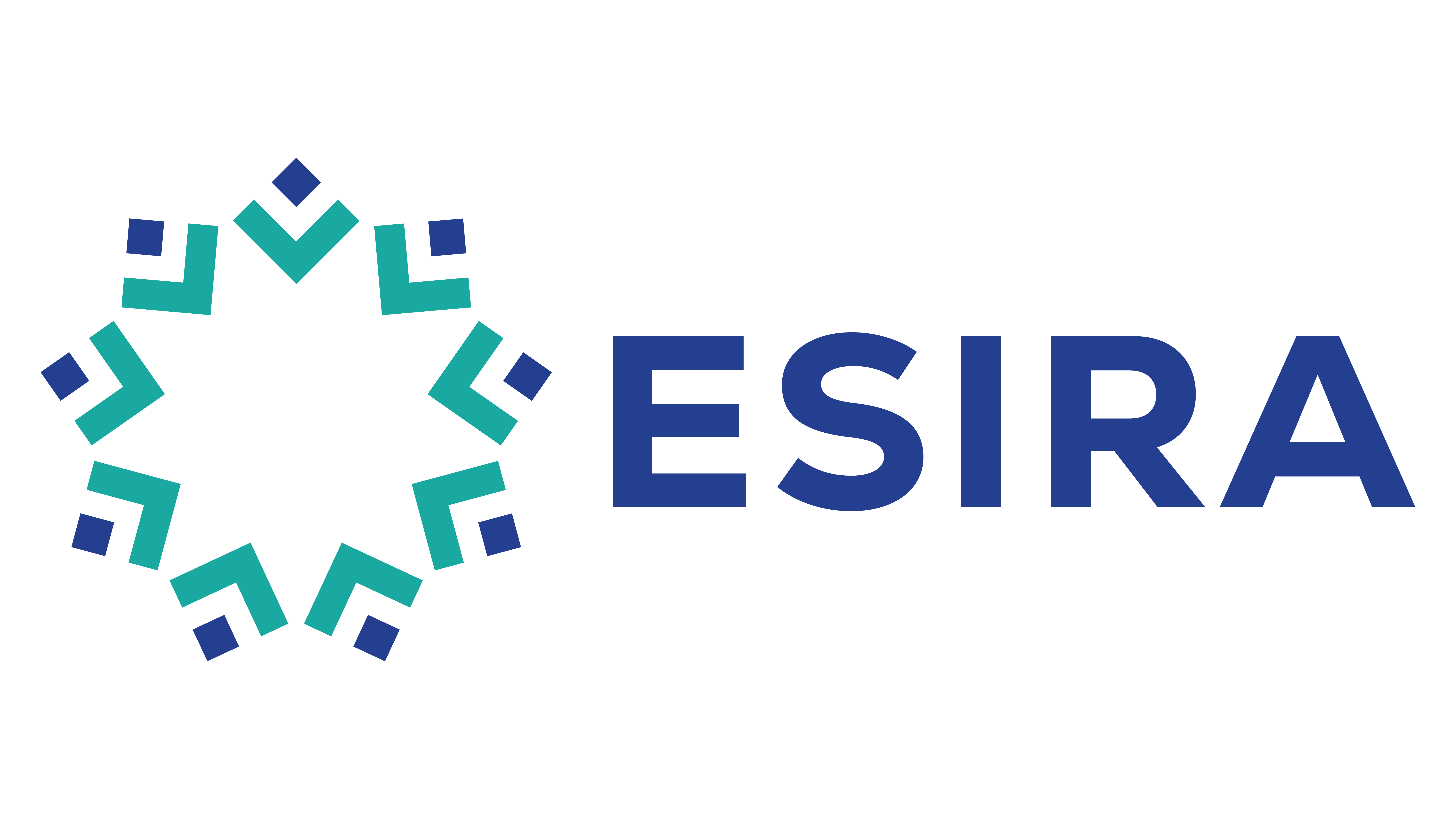ABOUT MULTI-ACTOR PLATFORMS
Multi actor platforms are community-led spaces that play a vital role in nurturing social innovations and strengthening social economy initiatives. These spaces serve as incubators for ideas, providing a platform for individuals and groups to collaborate, share knowledge, and develop solutions to address social challenges. Through collective efforts and participation, MAPs contribute to building on previous best practices and advancing effective mechanisms for self-governance and support within communities.
Drawing on desk research and expert interviews, community-led spaces leverage the diverse experiences and perspectives of participants to inform policy recommendations. Collaborative approach ensures that policy interventions are informed by on-the-ground realities and have a greater chance of being effective and sustainable in promoting social and economic development.
Partners will undertake the research and evaluation of the context in which rural marginalisation happens to comprehend the different levers for social exclusion in the targeted regions. ESIRA consortium will identify the main strengths, weaknesses, gaps and synergy potential in each MAP. The design of MAPs will explore the best-suited governance mechanisms under different geographical contexts to boost social innovation and social economy in rural areas, empowering the vulnerable groups of population.

PILOT AREAS
BURGOS, ES
The wood-related industry is of foremost importance in the region, as municipalities own 80% of the total area (communal property of the forest), with timber harvesting being a traditional activity. R&D activities explore forestry-related potentials, and public support mechanisms exist, such as Forest Management Plans. Cultural and natural tourism activities significantly boost the local economy. Priorities include cultural initiatives, digital literacy, new transport models, labor inclusion, natural resources preservation, and housing access.

ABRUZZO, IT
Abruzzo, despite its highly mountainous terrain, has seen significant change due to social innovation, especially in energy communities, community cooperatives, and digital welfare initiatives. Policy lines address health, inclusive and sustainable economic growth, equal opportunities, and digitization, although these objectives are only partially achieved at present. Priorities include addressing health disparities, fostering inclusive economic growth, and advancing digitization efforts.

TRENTO, IT
Trento boasts a significant cooperative movement, aligning social policies with labor policies and involving various stakeholders. Laws promote solidarity economy and corporate social responsibility. Initiatives like the COPE project focus on social and labor inclusion for young NEETs. Service cooperatives enhance inclusivity in the tourism sector, while platforms like InCooperazione support vulnerable groups’ social and labor inclusion. Priorities include enhancing social and labor inclusion, fostering cooperative models, and supporting innovative digital tools for social welfare.

NORTHERN HUNGARY AND NORTHERN GREAT PLAIN, HU
The region lacks a common legal framework for supporting social economy enterprises, with support relying more on municipal funds. Important initiatives include programs supporting social enterprises and rural municipality-based social cooperatives. Priorities include fostering artisan workshops and promoting sustainable local agriculture.

ZACHODNIOPOMORSKIE, PL
The Polish Social Economy Act supports the development of the social economy. ESF funds and sectoral development policies promote social economy initiatives related to labor market, social integration, entrepreneurship, and innovation. Associations and centers provide additional support. Priorities include enhancing transport and digital connectivity, diversifying economic activities, and stimulating entrepreneurship, especially among youth.

LESKI-BIESZCZADZKI, PL
Public programs for the Podkarpackie region support ongoing social economy enterprises, particularly in tourism. Priorities include improving transport and digital connectivity, managing natural resources sustainably, fostering women-focused social resilience, and promoting migrant inclusion.

JABLANICA & PCINJA DISTRICT, RS
In Serbia, there is no national or local framework to support social economy initiatives. Through various support programs, the creation of local social innovation initiatives is planned in this area. Priorities include advancing digital transformation, strengthening women-focused social resilience, and fostering youth and women entrepreneurship.

DRUSKININKAI, LT
Druskininkai municipality addresses inclusion of vulnerable groups via strategic plans and local action groups. Local priorities include innovating service provisions, developing new digital tools, fostering inclusive business models, promoting social resilience, and encouraging diversified farming.

INNLANDET, NO
Although there is no specific framework for supporting new social economy initiatives, support for volunteer organizations exists. The regional plan for social inclusion aims to establish collaboration with relevant partners across sectors. Priorities include strengthening social inclusion efforts, promoting collaboration across sectors, and fostering sustainable community development.

